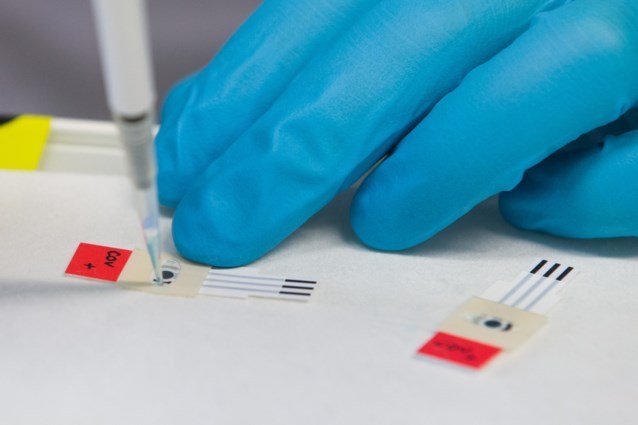Coronavirus strains will no longer be named after the country or region where they were originally discovered to avoid the stigma around new variants being linked to certain places, the World Health Organisation (WHO) has announced.
The mutations will now be named after letters in the Greek alphabet: the British variant will now be called 'Alpha', the South African one will be called 'Beta', the strain known as the Brazilian one will be called 'Gamma' and the variant first found in India will be 'Delta' from now on.
"The expert group convened by WHO has recommended using labeled using letters of the Greek Alphabet, i.e., Alpha, Beta, Gamma, which will be easier and more practical to discussed by non-scientific audiences," a WHO press release published on Tuesday stated.
Today WHO has announced a new naming system for key #COVID19 variants. The labels are based on the Greek alphabet (i.e. Alpha, Beta, Gamma, etc), making them simple, easy to say and remember. ? https://t.co/aYCZfspZyb pic.twitter.com/Gxt14fwVqF
— World Health Organization (WHO) (@WHO) May 31, 2021
A country may be more willing to report a newly discovered variant if it is not given the name of that country.
Future strains of concern or interest will be given a different letter from now on, and all names of the variants will be published on the WHO website.
If all 24 Greek letters have been used, the organisation will come up with a new system for naming the strains.
However, the scientific names - for example, the British variant is called B.1.1.7 - will be retained.

